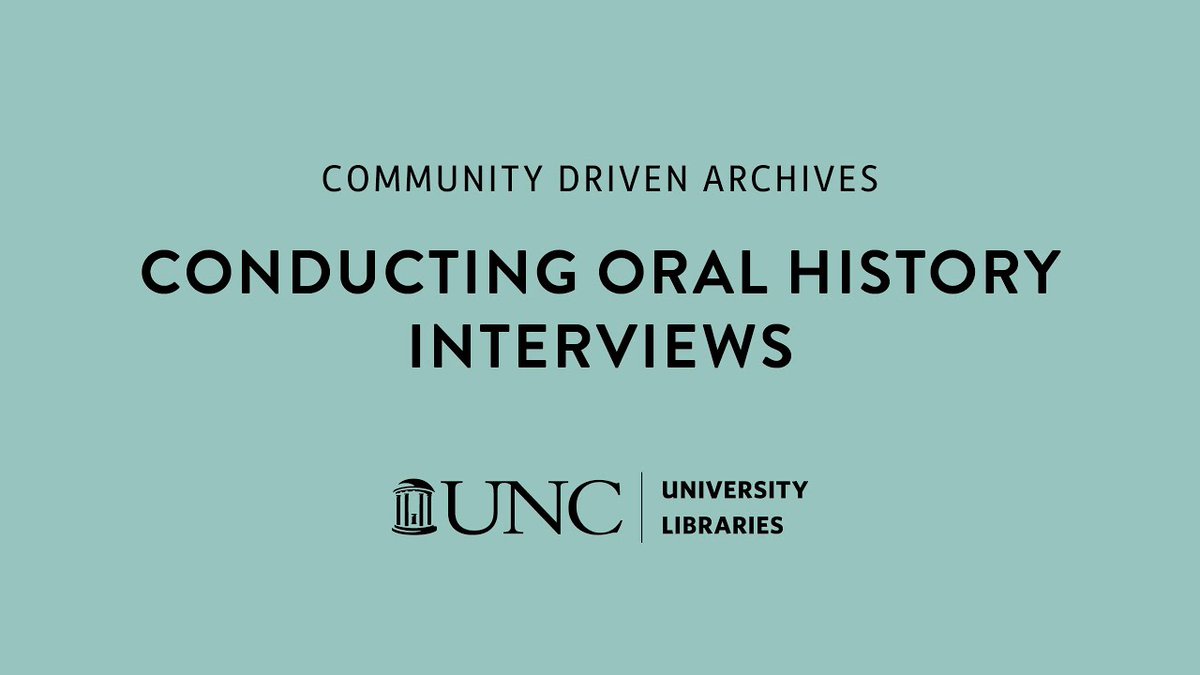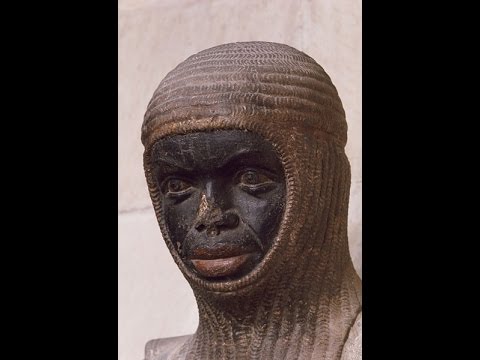Following on from this thread on oral history... https://twitter.com/richard_duckett/status/1279827981549146116
... @JohnMBeales recommended Penny Summerfield's work, and I found this open access article: https://journals.openedition.org/miranda/8714 which is really useful. Lots of discussion of Thompson and where oral history has travelled since his work in 1978.
The idea of 'Recovery History' and its value to the discipline is brilliantly illustrated with discussion of the Home Guard in WW2 - but what is Recovery History?
Recovery History is giving 'a voice to the voiceless' so that they have a place in written histories. It is history that would be lost if it wasn't captured by speaking to people.
Question: did women serve in the Home Guard / LDV in #WW2 ?
Question: did women serve in the Home Guard / LDV in #WW2 ?
I didn't think so, but I was wrong. They did. So how far are our perceptions of the past moulded by popular culture, such as Dad's Army? Interesting discussion of this in the Summerfield article.
http://www.oxfordshirehomeguard.uk/women-s-home-guard.html
http://www.oxfordshirehomeguard.uk/women-s-home-guard.html
Linked to this was a timely Twitter share yesterday from @robert_lyman about women who fought with the Japanese at Imphal and Kohima: https://thediplomat.com/2020/07/were-comfort-women-forced-to-fight-for-the-imperial-japanese-army/
In the article, the interviewer seeks confirmation of what he was told by consulting other sources, but not finding much to corroborate his interviewees statements.
So how far has the discussion moved on from interest in reliability of the memory to how memory is constructed?
So how far has the discussion moved on from interest in reliability of the memory to how memory is constructed?
Summerfield argues that the refocus in oral history is important, but it has not displaced the other - which seems obvious as our job is to check all sources out. But the new focus on oral history as autobiographical and not social survey is important:
How do 'interviewees construct themselves through narratives that arise in dialogue with an interviewer, and how [do] personal experience and public histories interact in the production of memory stories'?
I think we can agree that there always was a need, but now there's a concerted drive in 2020, to capture the 'voice of the voiceless' to diversify our study of the past and move away from the so-called 'male, stale, and pale'.
Are oral histories going to have renewed focus?
Are oral histories going to have renewed focus?
In UK schools, the history community is buzzing with talk of diversifying the curriculum, particularly away from the chronology of monarchs to include people such as St. Maurice, the first black Medieval Saint, who I only heard of this morning thanks to @RogersHistory
What part can oral histories play in enriching this new focus for school curricula? After 16yrs teaching, my sense is that oral histories are a somewhat neglected part of the history teacher's toolkit at secondary/sixthform. Didn't really feature much in my HE journey either...
So why my sudden focus on oral histories? The 'voice of the voiceless' I am working on is the testimonies of Karen people from #Burma. Many of the peoples of #Myanmar helped defeat the Japanese, but what do we know of their war? You could start here: http://www.soeinburma.wordpress.com

 Read on Twitter
Read on Twitter

![How do 'interviewees construct themselves through narratives that arise in dialogue with an interviewer, and how [do] personal experience and public histories interact in the production of memory stories'? How do 'interviewees construct themselves through narratives that arise in dialogue with an interviewer, and how [do] personal experience and public histories interact in the production of memory stories'?](https://pbs.twimg.com/media/EcjvBaaXkAEK0AH.jpg)




